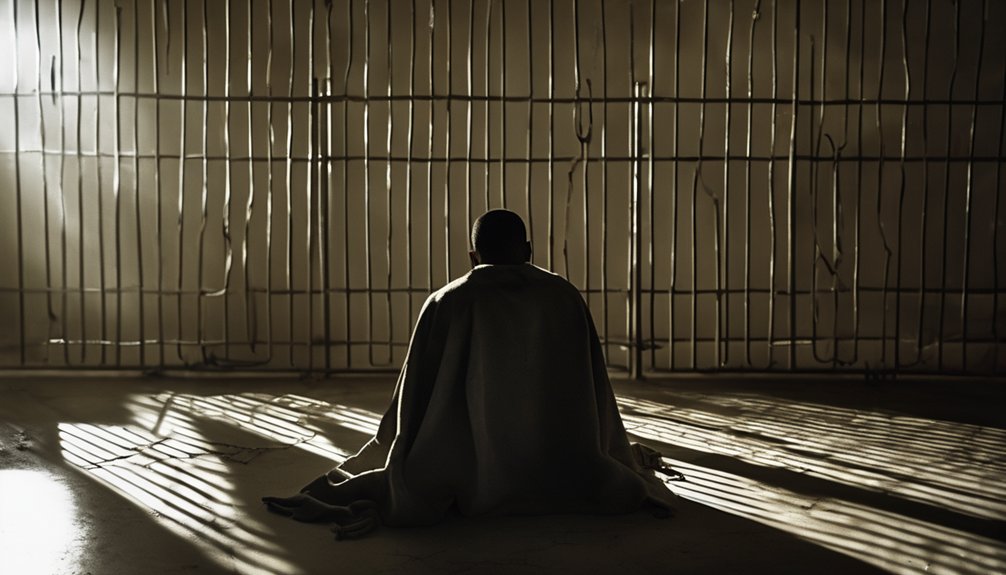ICE Accused of Forced Labor, Abuse of Transgender Detainees


Alarming allegations have emerged against the South Louisiana ICE Processing Center, where detainees, particularly transgender individuals, report systemic abuse and forced labor. Multiple accounts indicate that staff, including former assistant warden Manuel Reyes, engaged in sexual abuse, harassment, and physical violence, specifically targeting vulnerable detainees.
Allegations from individuals like Monica Renteria-Gonzalez reveal that detainees were coerced into work programs, often facing unsafe conditions and retaliation if they protested. This systemic exploitation raises serious concerns about the treatment of transgender individuals within ICE facilities.
Detainees, including transgender individuals, face coercion into unsafe work programs and retaliation for speaking out, highlighting severe systemic exploitation.
Reports highlight that transgender detainees frequently encountered derogatory comments related to their gender identity, exacerbating their already precarious situation. Such mistreatment not only violates their rights but also creates an environment of fear that deters individuals from reporting abuse.
Complaints filed under the Federal Tort Claims Act underscore instances of denied medical care, with many detainees facing significant health risks due to inadequate treatment and retaliation for raising concerns about their conditions.
Advocacy groups like Robert F. Kennedy Human Rights and the ACLU are calling for independent investigations and systemic reforms to safeguard the rights of these vulnerable populations.
The need for accountability is urgent, as the ongoing reports of abuse and forced labor within ICE facilities signal a troubling disregard for human rights. As evidence mounts, the demand for thorough reforms becomes increasingly pressing, highlighting the necessity for institutional change to protect all detainees, particularly those who are transgender, from further abuse and exploitation.
 News and AdvocacyNovember 14, 2025Rainbow Victories: 2025’s Most Pro-LGBTQ+ States Revealed
News and AdvocacyNovember 14, 2025Rainbow Victories: 2025’s Most Pro-LGBTQ+ States Revealed News and AdvocacyNovember 14, 2025Transgender Sanctuary States: Protecting Rights, Providing Hope
News and AdvocacyNovember 14, 2025Transgender Sanctuary States: Protecting Rights, Providing Hope Featured PostsNovember 13, 2025When Restroom Policing Backfires: The Hotel That Went Too Far
Featured PostsNovember 13, 2025When Restroom Policing Backfires: The Hotel That Went Too Far Featured PostsNovember 13, 2025Sex, Safety, and Seduction: A Trans Girl’s Guide to Hookups
Featured PostsNovember 13, 2025Sex, Safety, and Seduction: A Trans Girl’s Guide to Hookups